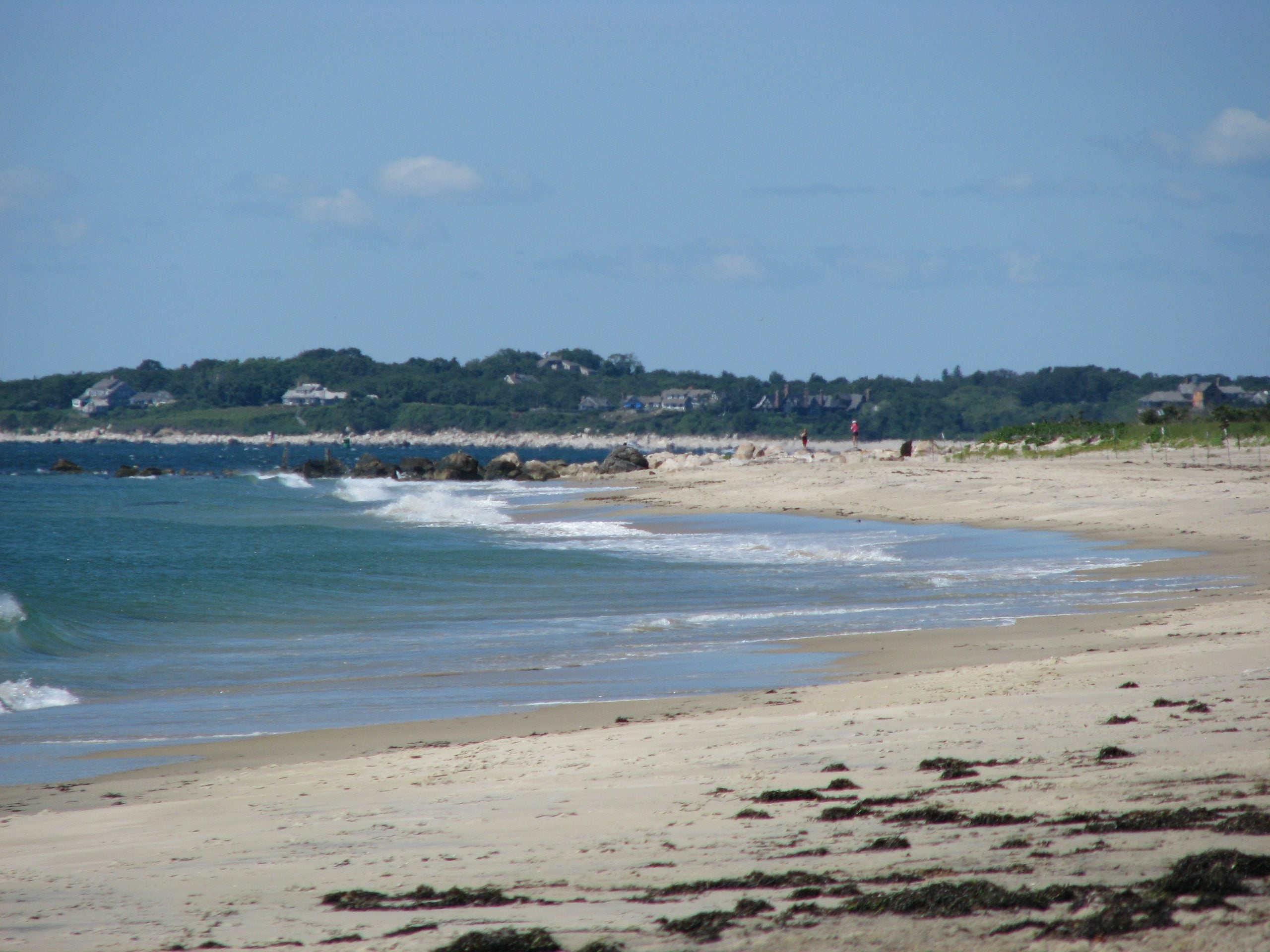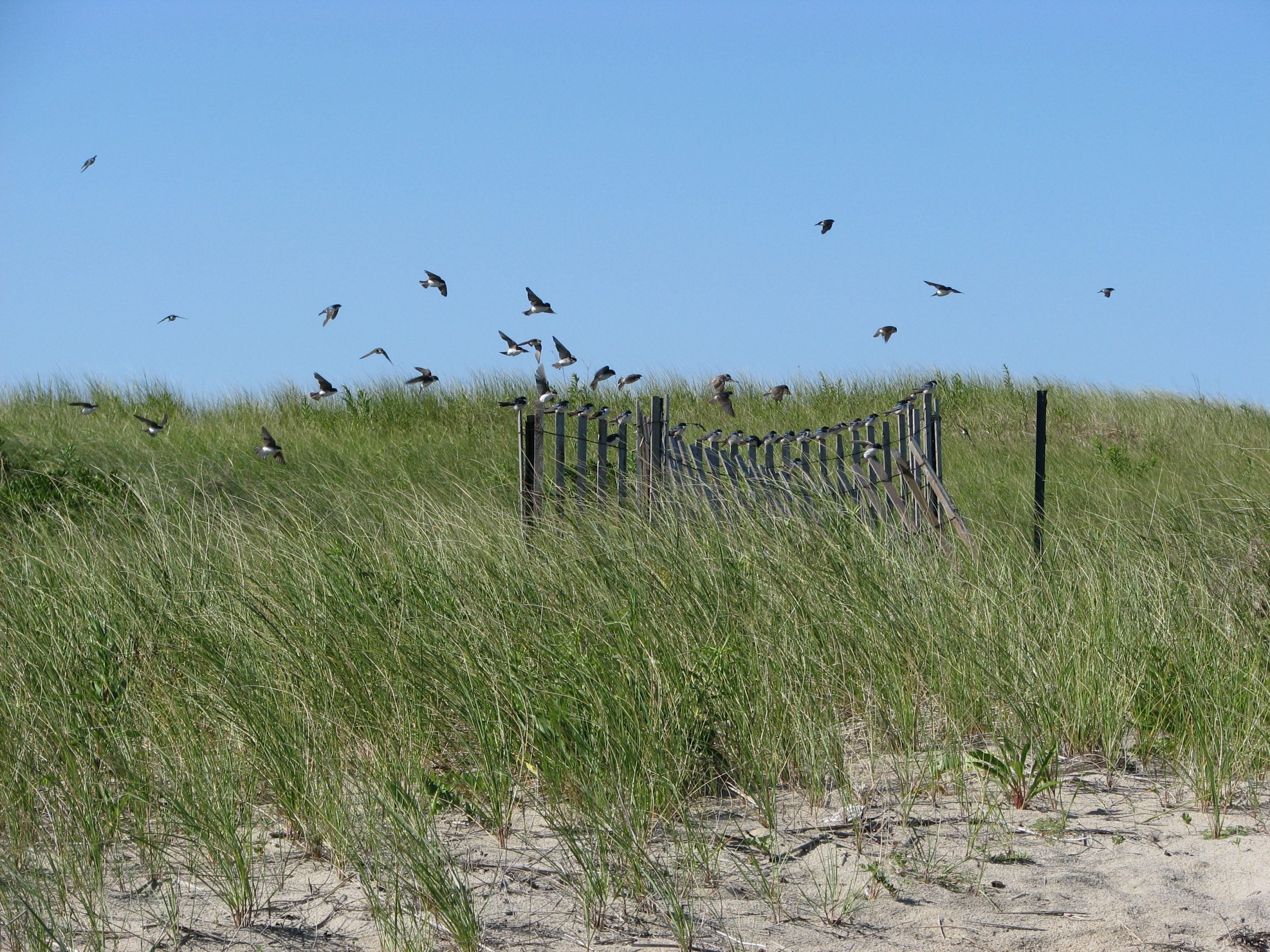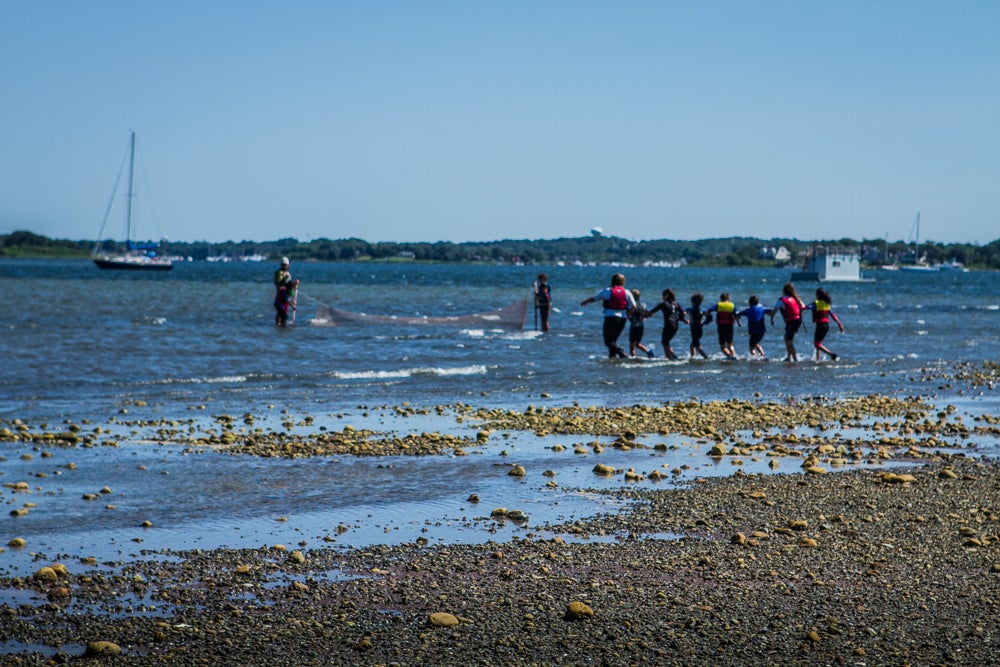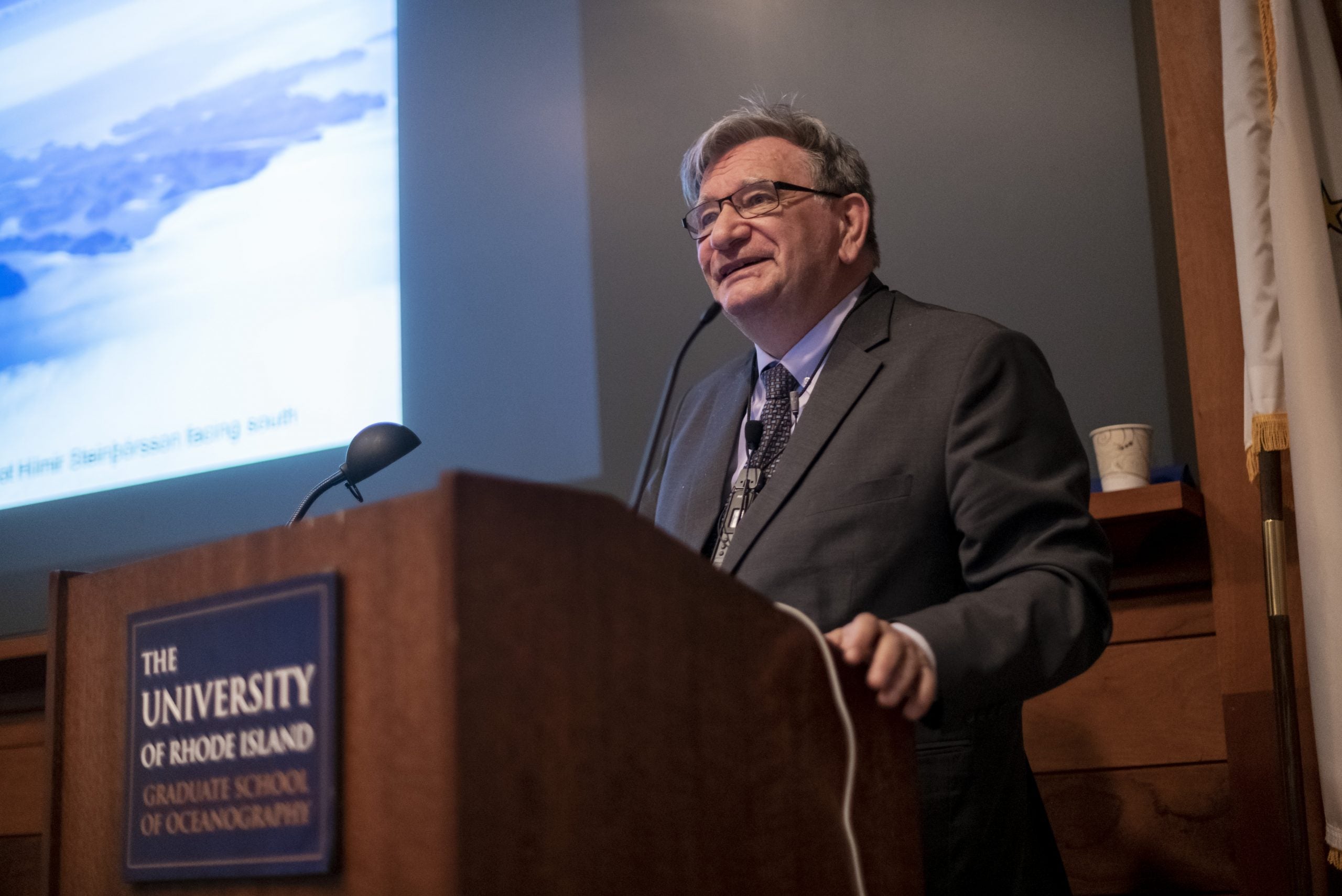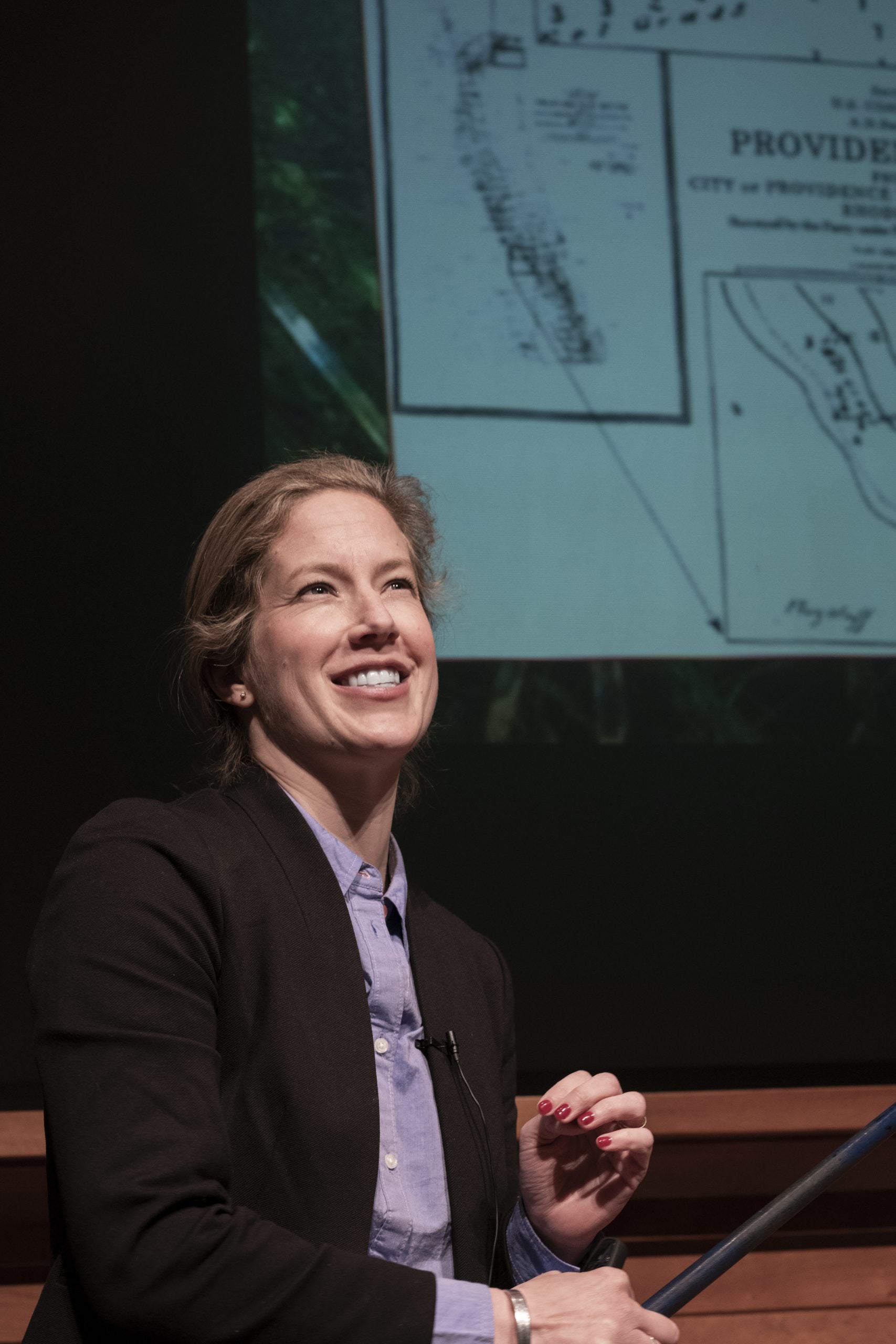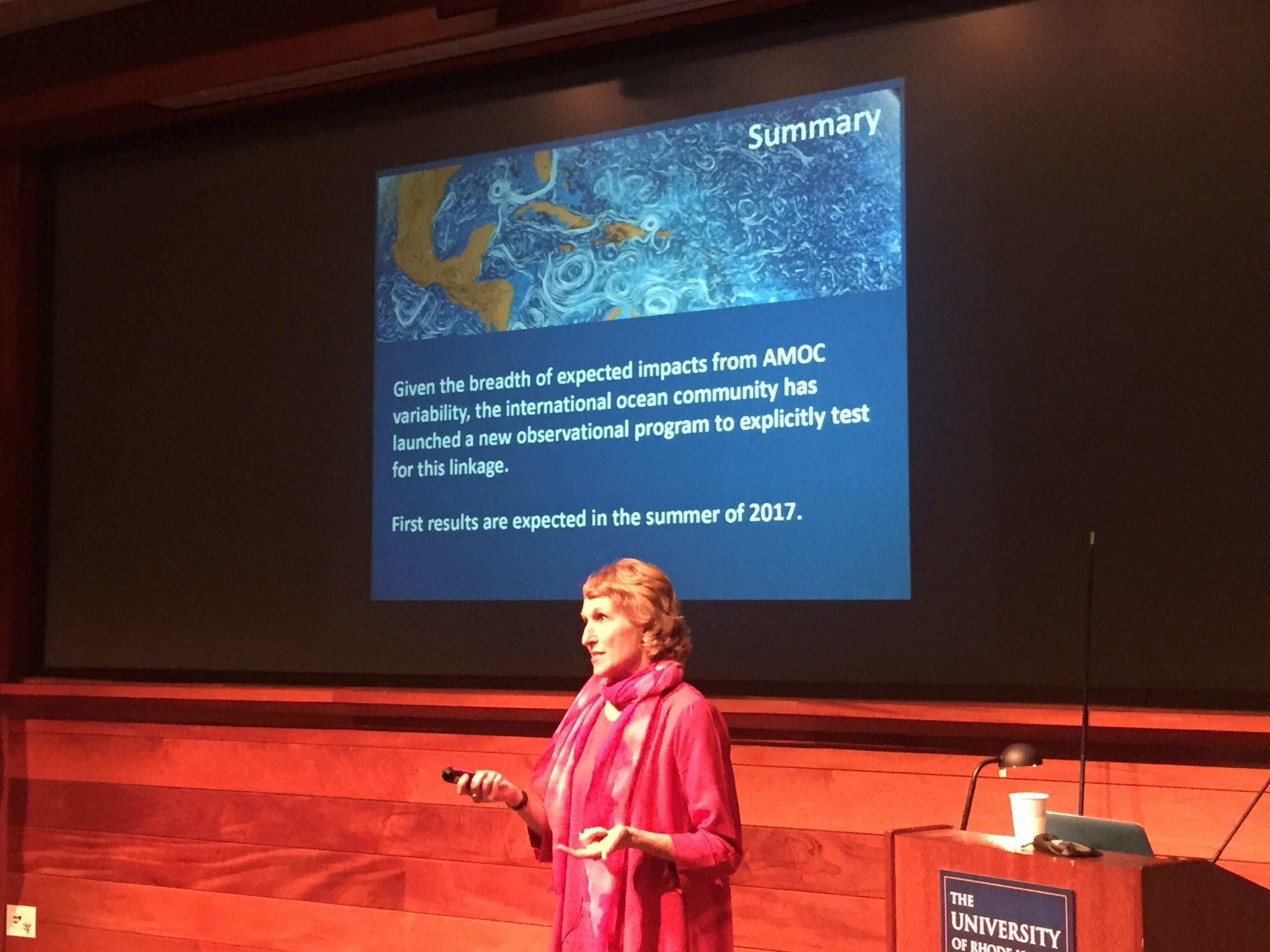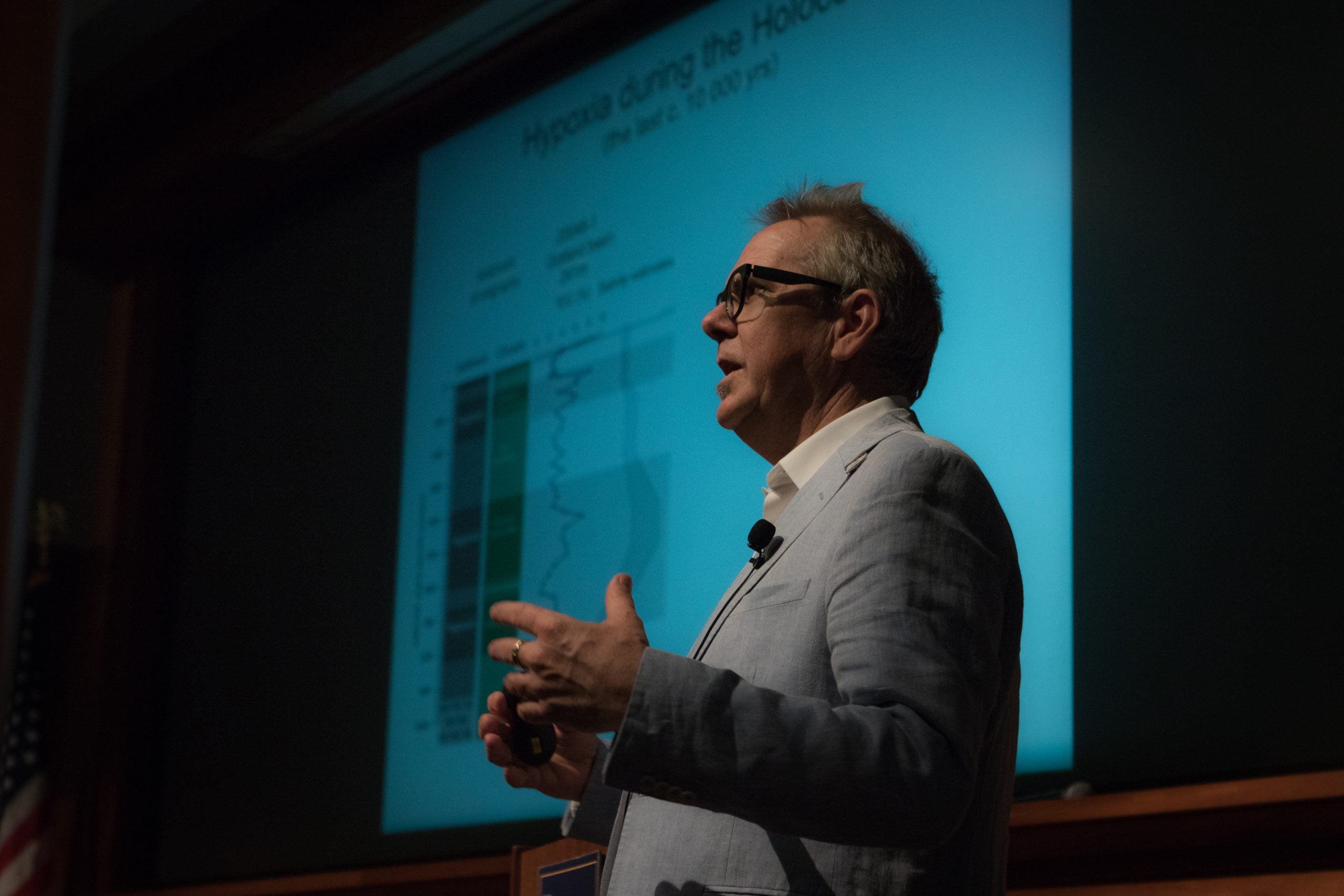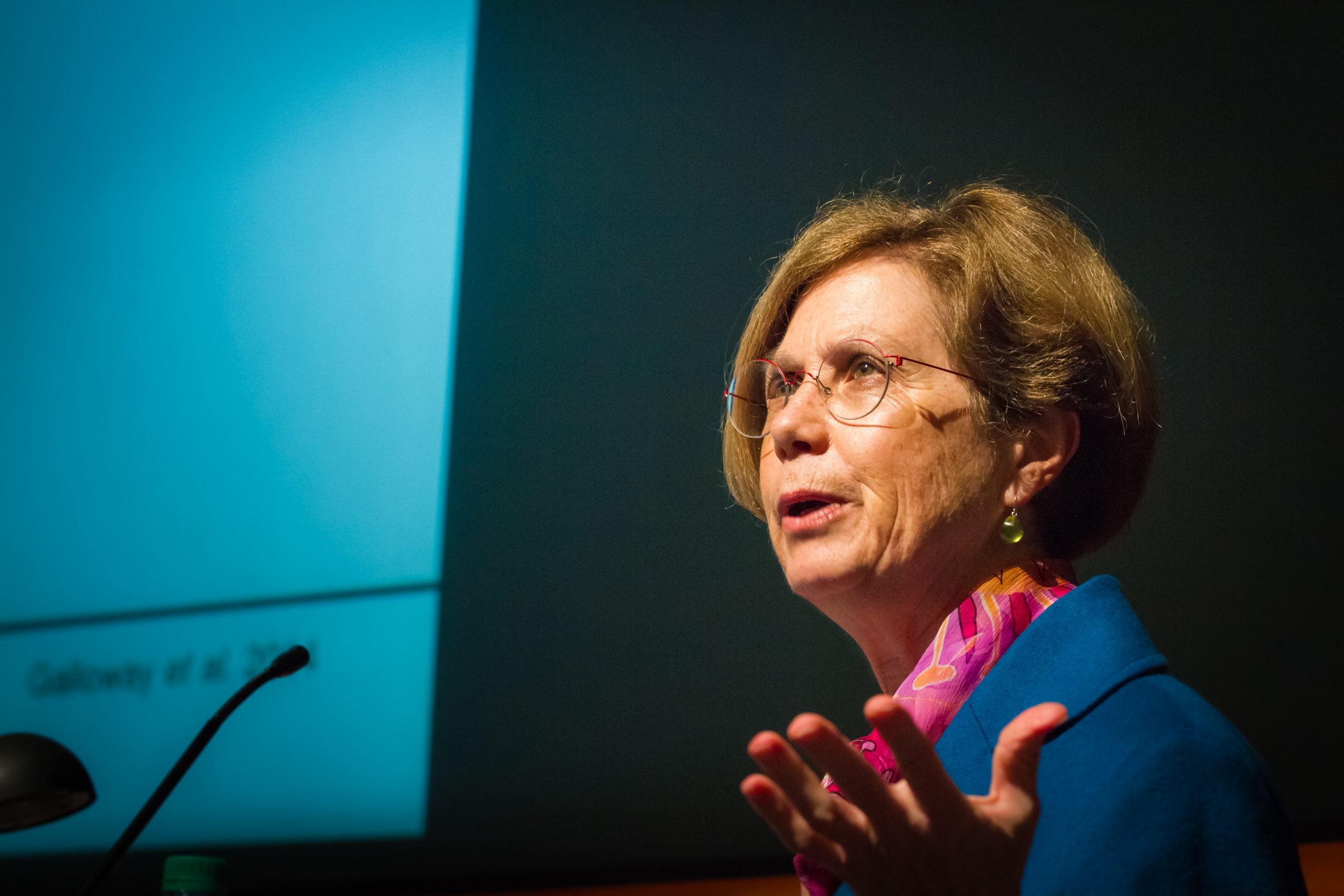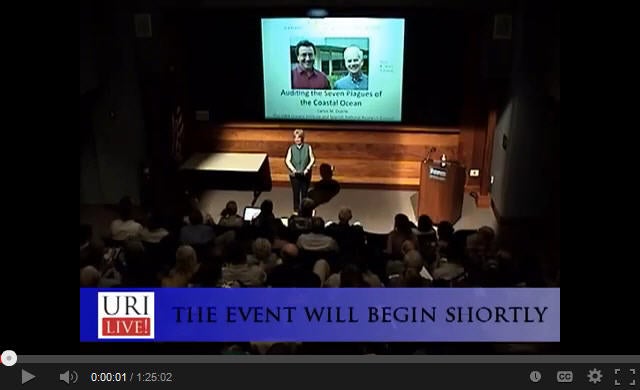Napatree Point Conservation Area offers researchers unique opportunities to observe natural processes in shoreline change, storm impacts, and recovery of a coastal dune ecosystem. Produced by the URI Coastal Institute in collaboration with the Watch Hill Fire District, and the Watch Hill Conservancy. Narrated by Eric Lutes, actor. View at https://www.youtube.com/watch?v=ZaRun-82nrw
Continue reading "Change: Tracking the Shifting Shoreline"Category: Video
Thumbnail, short description, link to YouTube
Connected: Wildlife of the Barrier Beach
A unique intersection of ecosystems and habitats, Napatree Point Conservation Area allows managers and researchers to monitor the impacts of climate change on a barrier spit celebrated for its rare and endangered species. Produced by the URI Coastal Institute in collaboration with the Watch Hill Fire District, and the Watch Hill Conservancy. Narrated by Eric […]
Continue reading "Connected: Wildlife of the Barrier Beach"Discovery: People in Nature at Napatree
Home to a diverse range of plants and animals, Napatree Point Conservation Area has 100,000+ visitors a year . Managers strive to balance promoting recreation with implementing conservation. Produced by the URI Coastal Institute in collaboration with the Watch Hill Fire District, and the Watch Hill Conservancy. Narrated by Eric Lutes, actor. View at https://www.youtube.com/watch?v=Cw5v93G5UiY
Continue reading "Discovery: People in Nature at Napatree"7th Annual Scott W. Nixon Lecture
PFAFs Around the Globe: Effects on human health of oceanic pollution in the Arctic Dr. Pál Weihe is a part of the URI-led STEEP Superfund Research Program. Learn more about Dr. Weihe’s efforts over the last 30 years to serve his community through the provision of medical care and to minimize community exposures to marine contaminants. View at https://www.youtube.com/watch?v=ETJYY0LRd5w
Continue reading "7th Annual Scott W. Nixon Lecture"6th Annual Scott W. Nixon Lecture
“So Many Estuaries, So Little Time” – Narragansett Bay as a Model for Coastal Systems Under Change Dr. Robinson W. Fulweiler speaks about Narragansett Bay as a model for coastal systems under change at the Scott W. Nixon lecture sponsored by the URI Coastal Institute. Dr. Fulweiler is an Associate Professor of the Departments of […]
Continue reading "6th Annual Scott W. Nixon Lecture"5th Annual Scott W. Nixon Lecture
A 21st century look at the global ocean conveyor belt Dr. Susan Lozier challenges traditional thinking about how our ocean waters circulate the globe and how climate change is impacting these circulation patterns during her talk at the annual Scott. W. Nixon lecture on April 13, 2017 at the University of Rhode Island Coastal Institute. […]
Continue reading "5th Annual Scott W. Nixon Lecture"4th Annual Scott W. Nixon Lecture
Getting Rid of Hypoxia in a Warming World Daniel Conley Professor of Biogeochemistry Lund University, Sweden Thursday, April 28, 2016 A number of synthesis efforts have documented the world-wide increase in hypoxia across the land-ocean continuum driven by nutrient inputs and warming. The Baltic Sea provides an interesting case study to examine changes in oxygen […]
Continue reading "4th Annual Scott W. Nixon Lecture"2nd Annual Scott W. Nixon Lecture
Nitrogen – the good, the bad, and the beautiful The Coastal Institute sponsored the third Annual Scott Nixon Lecture, which was presented on March 26 featuring Dr. Sybil Seitzinger, a GSO Ph.D., who delivered an excellent lecture on “Nitrogen – the good, the bad, and the beautiful.” Her lecture focused on the importance of nitrogen […]
Continue reading "2nd Annual Scott W. Nixon Lecture"1st Annual Scott W. Nixon Lecture
Auditing the Seven Plagues of the Coastal Ecosystems Carlos M. Duarte presented the First Annual Scott W. Nixon Lecture, “Auditing the Seven Plagues of the Coastal Ecosystems”, on April 17, 2013 in the URI Coastal Institute Auditorium on the Narragansett Bay Campus. The lecture can be seen at https://www.youtube.com/watch?v=nmrAzZPIb-M&feature=youtu.be.
Continue reading "1st Annual Scott W. Nixon Lecture"
